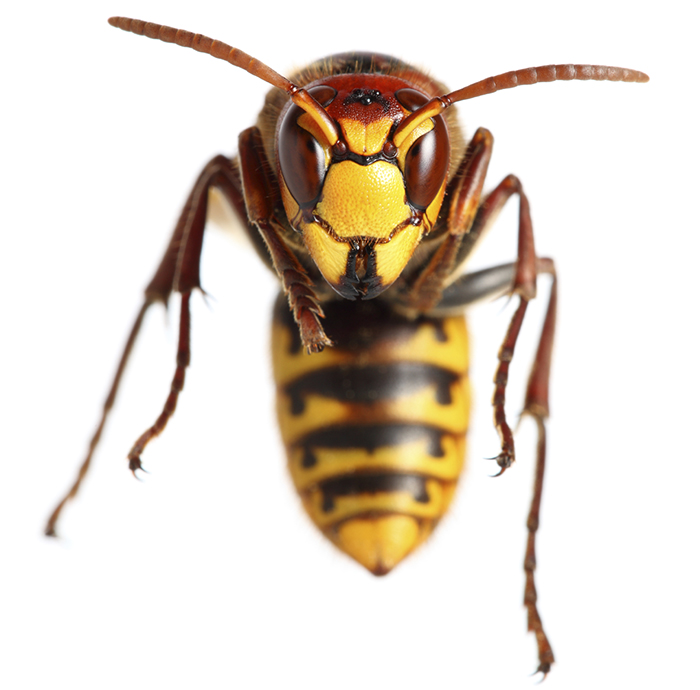Bites and stings
In Conditions
Follow this topic
Bookmark
Record learning outcomes
Many a picnic or beach trip has been marred by wasp stings or horse fly bites, but helping people to deal with them effectively can make a big difference, says pharmacist and bee-keeper Christine Clark PhD, FRPharmS

In the UK, insect bites and stings are usually relatively mild €“ thankfully, we have no poisonous spiders or scorpions to contend with €“ but they can be painful and itchy or, on rare occasions, cause anaphylaxis.
The common biting insects in the UK are midges, mosquitoes, blackflies and horseflies. They bite to obtain a meal of blood and in the process they can inject a bit of saliva that causes irritation. An insect bite typically appears as a red, itchy patch or bump.
The stinging insects found in the UK are honeybees, bumblebees, wasps and hornets. A sting causes an immediate, painful, stinging or burning sensation followed by redness, swelling and, later on, itching. In sensitive individuals, a sting can cause anaphylaxis, with breathing difficulties, wheezing and widespread itching. Bee stings are left in the skin of the victim and should be removed as soon as possible by scraping or flicking them out with a fingernail or credit card. This is because the sting continues to pump venom into the skin after the bee has left. Tweezers should not be used because they can compress the venom sac and squeeze more venom into the victim.
Treating bites and stings
Oral antihistamines can reduce the discomfort of mosquito bites if taken before the bite happens. So, people who know they are badly affected by mosquito bites can be advised to take non-sedating anthistamines while they are out walking or camping, for example. If taken after a bite or sting, they can help to reduce the swelling.
Ice packs can also be applied to reduce swelling, and applying a topical antihistamine to the affected area can ease any itching. Hydrocortisone cream can also be recommended to treat the itching and inflammation caused by insect bites or stings. Some people develop intense itching and hydrocortisone is very helpful in this situation.
The itching pain and burning sensation of an early reaction can be helped by ammonium solution. This should be kept close at hand (e.g. in the person's beach kit or rucksack) so that it can be applied immediately after the bite or sting. Paracetamol or ibuprofen can also be used to treat any pain caused by bites or stings. There is no evidence for the effectiveness of piezoelectric devices that deliver high-voltage/low intensity electric currents to soothe itching and ease the swelling from mosquito and horsefly bites.
Previously recommended folk remedies, such as acid (vinegar, lemon juice) on wasp stings or alkali (bicarbonate of soda) on bee stings, are not effective. It was assumed that these agents would neutralise the insect's venom and relieve the pain, but we now know that the action of the venom does not depend on its acidity or alkalinity.
